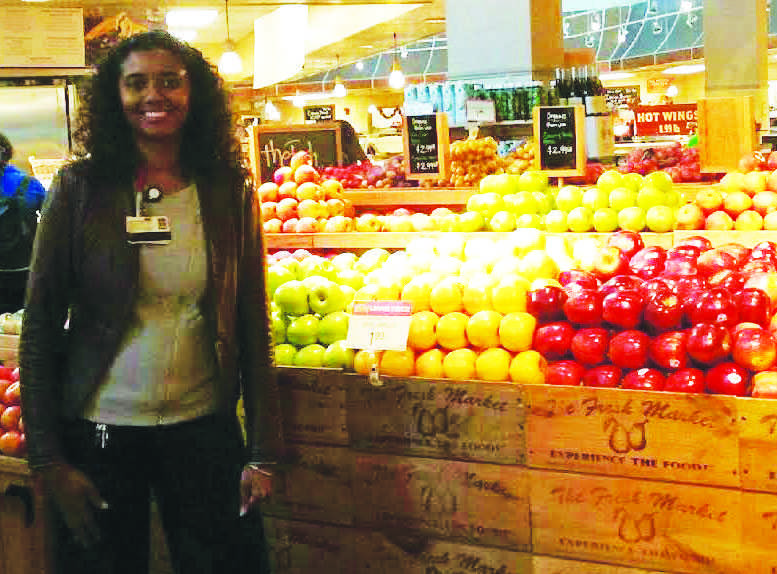Franken foods
Soon kids may actually have a good reason not to eat vegetables and fruits. “FrankenFoods”, also known as GMO’s, are making their way from science labs to the dinner table.
GMO’s or genetically modified organisms, are made artificially through genetic engineering. According to the article “Food: How Altered” by Jennifer Ackerman posted on the National Geographic website, “Scientists continue to find new ways to insert genes for specific traits into plant and animal DNA. A field of promise—and a subject of debate—genetic engineering is changing the food we eat and the world we live in.”
Ackerman says, “Most people in the United States don’t realize that they’ve been eating genetically engineered foods since the mid 1990s. More than 60 percent of all processed foods on the U.S. supermarket shelves—including pizza, chips, cookies, ice cream, salad dressing, corn syrup and baking powder—contain ingredients from engineered soybeans, corn, or canola.”
But what about at Miami High? Are students likely to encounter GMO’s here? Miami Senior High school cafeteria manager Ms. Cipriami Choy didn’t respond to the question about GMO’s, but she says that our school foods come from U.S. Food Services. “All the meals we serve are very healthy. We serve fat-free and sugar-free foods. There is no healthiest meal we serve because all of our foods are healthy and include lots of greens and fresh fruits.”
Miami High culinary arts teacher Ms. Trelles said, “Genetically Modified Organisms have great potential, but corporations aren’t doing enough testing before planting genetically engineered seeds.”
Some people do not trust GMO’s. Coconut Grove’s Fresh Market store manager Ms. Tracy Kistoo says, “They’re taking two things that normally don’t go together. I think in the long run that can leave to illness.”
According to the article “How GMOs affect your body and health” by Lisa Held posted on the well+GOOD website, “Some of the health risks that gave been suggested in numerous animal studies include kidney and liver problems, reproductive issues, and increased risks of cancer. Studies have also shown that GMO’s may be allergenic and may reduce the nutritional value of foods. For example, one study showed that genetically-modified soy had less healthy isoflavones.”
Others, however, say GMO’s are useful to humans. According to the article “Water Efficent Maize for Africa” posted on the website for Monsanto, which is a chemical and agricultural corporation, the advantage of GMO’s is simply feeding the poor. Since the global population is increasing, genetically modified foods, which can be foods with longer shelf life or easy shipping, can help reduce world hunger.
Whether you are for or against GMO’s the choice is up to you. Junior Chelsea Valle says, “If people in society stop buying GMO products in the market, then there would likely be a chance of GMO’s being kicked out of the market.”
“It is possible for human beings to stop eating GMO foods by simply shopping organic,” said sophomore Keylli Jimenez.”
“Organic foods are good for your health, and they do not have chemicals,” said sophomore Kassandra Borrego.

